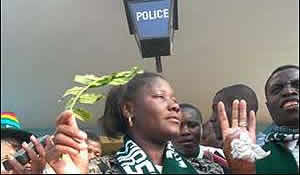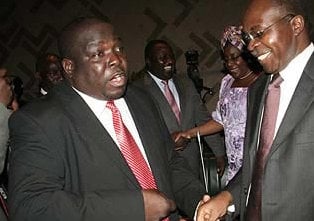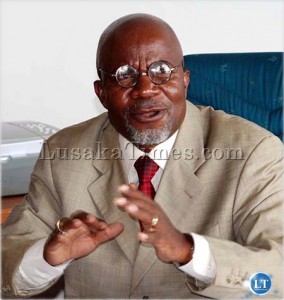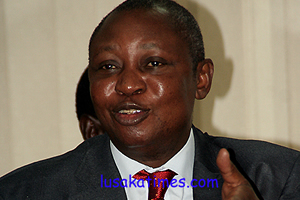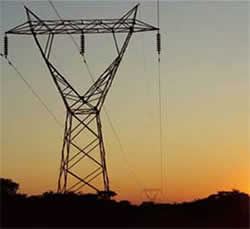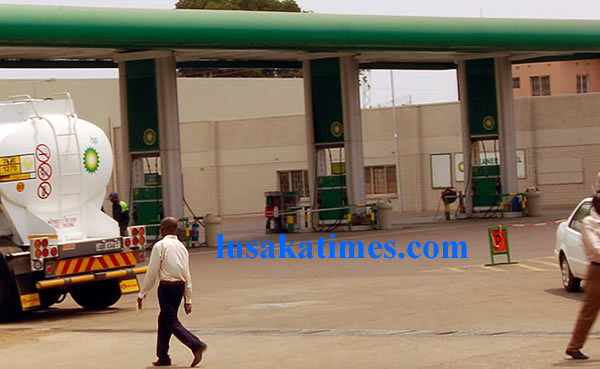
In a typically blunt assessment of the foreign mining sector, Patriotic Front leader Michael Sata, who has a fair chance of unseating President Rupiah Banda in 2011 elections, said the special tax status and “economic zones” granted to outside investors were a political and racial powder-keg.
“We don’t hate the Chinese. We don’t hate the Malaysians, but when they come here, they should treat us like human beings,” Sata, a gruff 72-year-old nicknamed “King Cobra” for his venomous tongue, told Reuters in an interview.
“The Zambian government, by creating zones for the Chinese, the Malaysians, is sitting on a volcano,” he said.
“This is a landmine because those who have no land will react one day. Why should there be special conditions for the Chinese and Malaysians? Why should they have special treatment?”
Sata, whose long and varied career includes stints in car assembly plants in Britain and with British Rail, lost a closely contested election in 2008 to Banda’s Movement for Multi-party Democracy.
If his two-party opposition coalition hangs together, he has a good chance of ousting Banda next year, many Zambians believe.
It is unclear how his vehement and systematic anti-Chinese rhetoric would sit with the Asian mining firms that now dominate Zambia’s Copper Belt, although he said nationalisation of the mines was not an option.
Mines minister Maxwell Mwale dismissed Sata’s claims that Chinese mine bosses were replicating China’s poor mine safety and “slave labour” conditions in Africa, but he did admit to a difference in approaches.
“The Chinese are operating just as well as any other investor in this country,” he told Reuters. “They have their own home country cultures, and we as a host country have our host country culture.”
Sydney Chileya, spokesman for Luanshya Copper Mines (LCM), a unit of China Nonferrous Metals Mining Corporation (CNMC), said the firm was offering reasonable wages.
“As far as we are concerned, we are operating well within the Zambian labour laws,” Chileya told Reuters.
“Our least paid of the 2,300 employees get 1.2 million kwacha per month and that is way above the stipulated minimum wage of 260,000 kwacha for month.”
The spokesman for the Chinese-owned Chambishi Copper Smelter (CCS), Lewis Mulenga, said the company was not offering slave conditions.
“We are regularly inspected by officials from the government and the government is happy that we are not flouting the Zambian laws,” Mulenga said.
Many Copper Belt miners are grateful to Chinese investors for rescuing their mines that closed last year after a collapse in world copper prices, and talk of a gradual improvement in Chinese attitudes to health and safety.
“In 2004, the Chinese didn’t want to cooperate with the government. They ignored safety,” said Eric Chirwa, a 40-year-old mining occupational health officer in Luanshya.
“This time around, slowly, slowly, they are getting there, but we still need a lot of education about health and safety. They’ve been in mining in Zambia for the last five years and they’re slowly picking up,” he said. (Additional reporting by Chris Mfula; Editing by Giles Elgood)
[REUTERS]


